- The two existing nuclear power plants in Belgium provide approximately 60% of the country's electricity needs
- Angi Group will provide a one-time fund of 15 billion euros to the Belgian government to manage the waste generated during the operation of nuclear reactors
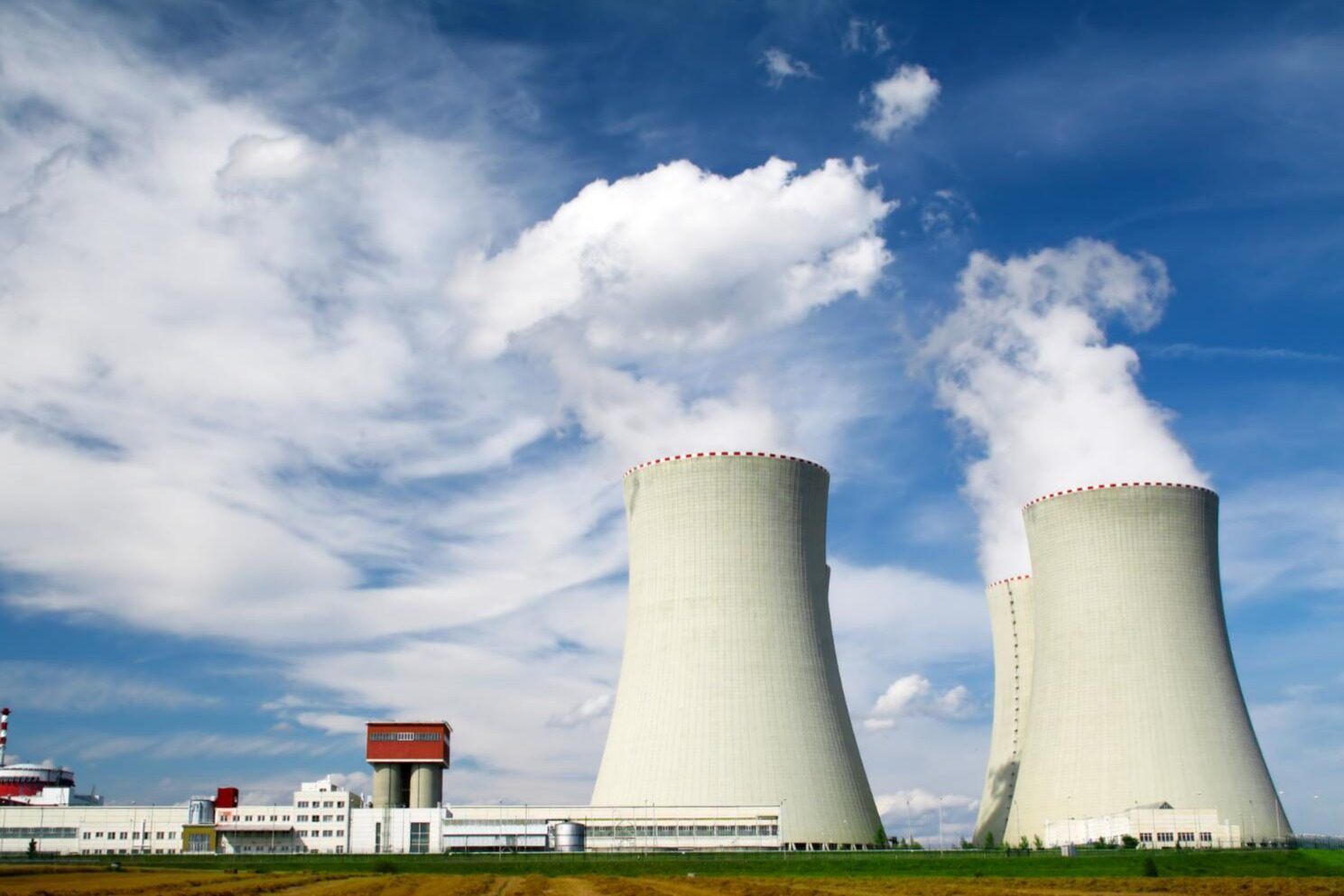
On June 29, 2023, Engie signed an intermediate agreement with the Belgian government outlining the terms for extending the Doel 4 and Tihange 3 nuclear installations. The purpose of this agreement is to establish fair risk allocation between the two parties and to address any uncertainty regarding future modifications to nuclear waste management provisions.
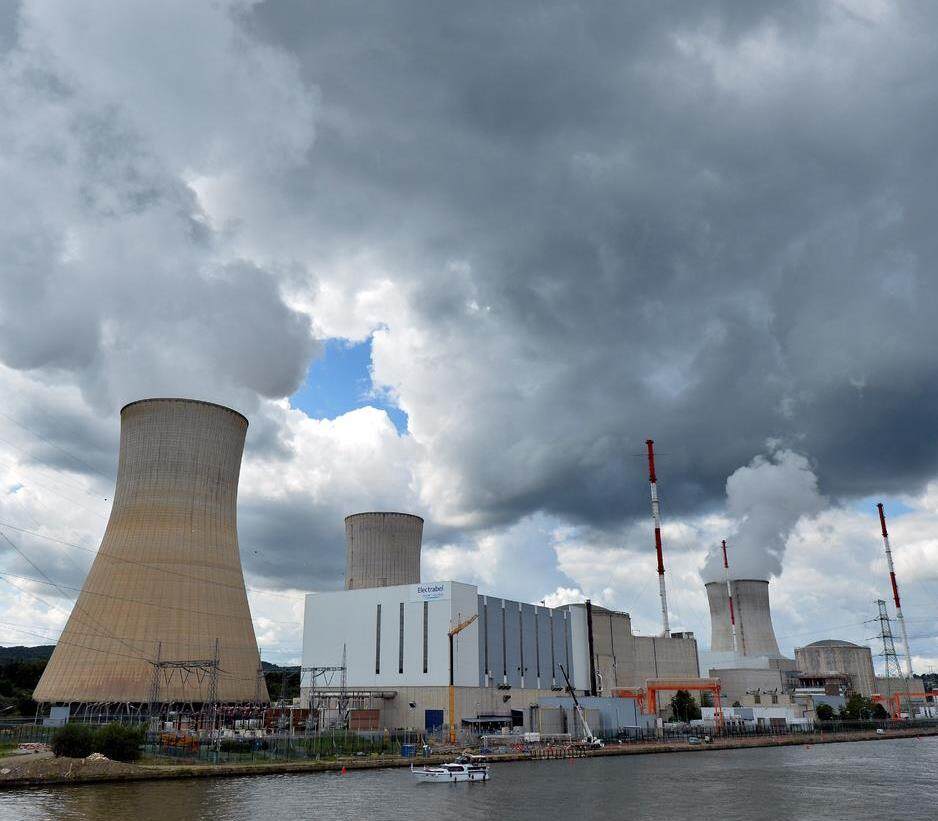
The agreement is based on a non binding principle agreement signed on January 9, 2023, and outlines the following terms: both parties promise to make every effort to restore the operation of the Doel 4 and Tihange 3 nuclear units, with the goal of restarting as early as November 2026. Alternatively, if the announced regulatory relaxation is effectively implemented, the restart may take place in November 2025. The goal is to strengthen Belgium's energy supply security.
A dedicated legal structure will be established, jointly owned by the Belgian state and ENGIE, to manage the expanded nuclear installation. This arrangement aligns the interests of both parties and ensures the sustainability of their commitments. The extension will adopt a business model that balances risk allocation. This will be achieved through a differential contract mechanism, which includes encouraging industrial operators to achieve favorable technical and economic performance in the factory. An agreement has been reached on future fixed costs related to nuclear waste disposal. The agreement is based on the new scheme defined by ONDRAF, including all the nuclear reactors of Engie in Belgium, with a total cost of 15 billion euros. This payment will be made in two installments: the first installment, covering categories B and C, will be paid at the end of the first half of 2024, while the second installment related to category A will be paid at the beginning of the LTO.
According to the agreement, all responsibility for nuclear waste will be transferred to the Belgian government, resulting in Engie Group no longer being responsible for future costs related to waste disposal. These costs are reviewed by the Nuclear Supply Commission every three years and will now be borne by the government. In exchange for this transfer, Engie Group will recognize the increase in its commitment as an expense affecting non recurring income in the 2023 fiscal year after adjusting the nuclear terms. The estimated amount of this expense is approximately 4.5 billion euros before tax. In addition, the group expects a corresponding increase in economic net debt, with a similar magnitude.
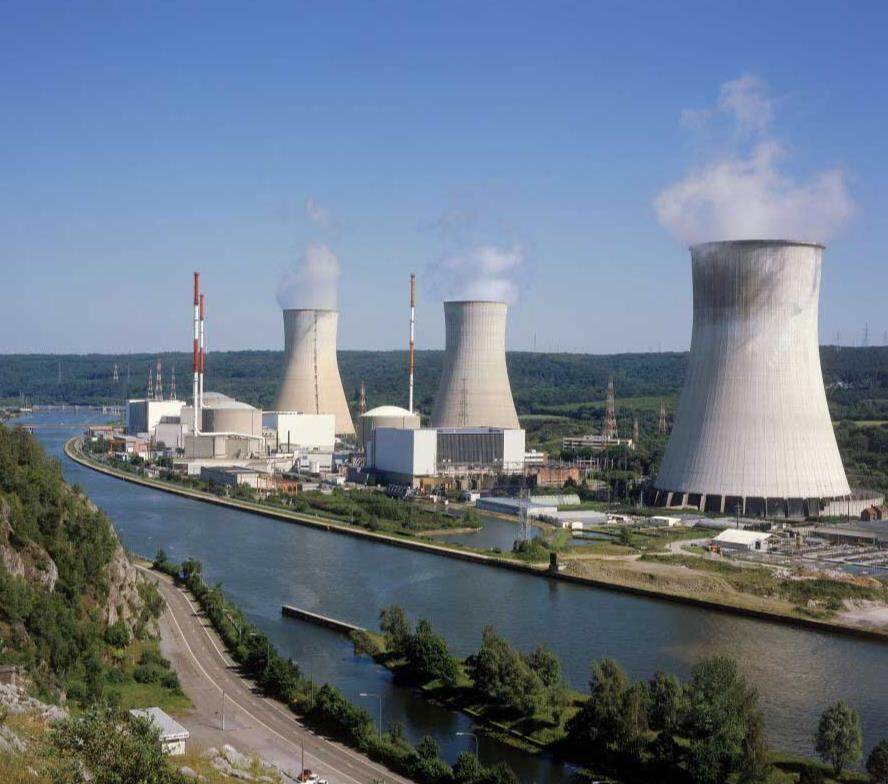
It is expected that the implementation of the final agreement will have no impact on Engie's mid-term guidance proposed in February 2023, after it is signed by the end of July 2023. This applies to various aspects, including net recurring income, credit, investment, and dividend policies. Therefore, this agreement will not change the company's expected prospects.
In addition, the agreement also includes provisions to lift restrictions on certain assets owned by Engie's subsidiary Electribel. Catherine MacGregor, CEO of Engie, stated that after several months of tense and constructive dialogue with the Belgian government, we are pleased that both parties have signed this balanced agreement. It provides ENGIE with the necessary visibility into the total amount related to nuclear waste management and significantly reduces the risks associated with the expansion of two units. This is a new fundamental step towards expanding Doel 4 and Tihange 3, for which ENGIE is fully responsible.Editor/XingWentao
Comment
 Praise
Praise
 Collect
Collect
 Comment
Comment
 Search
Search


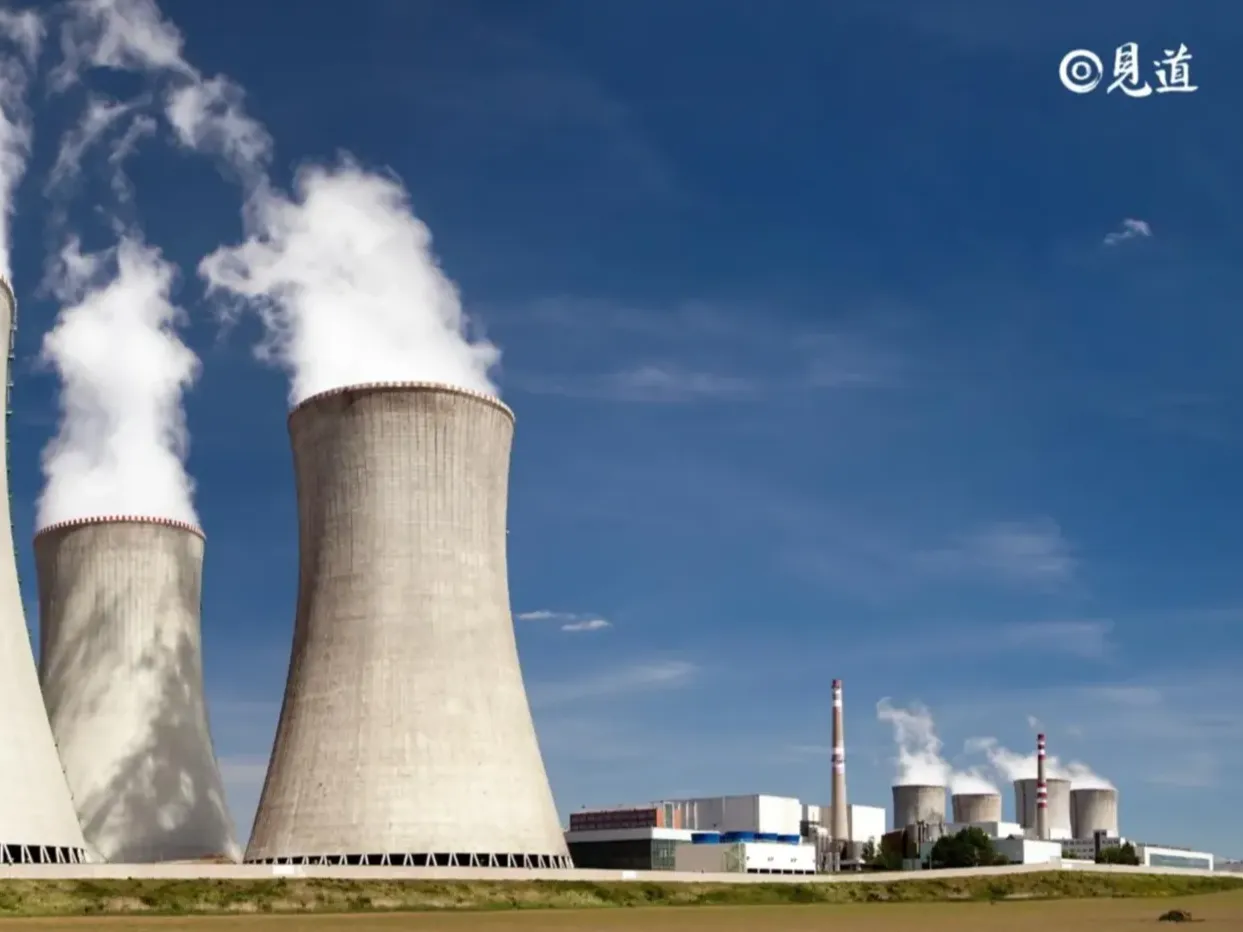
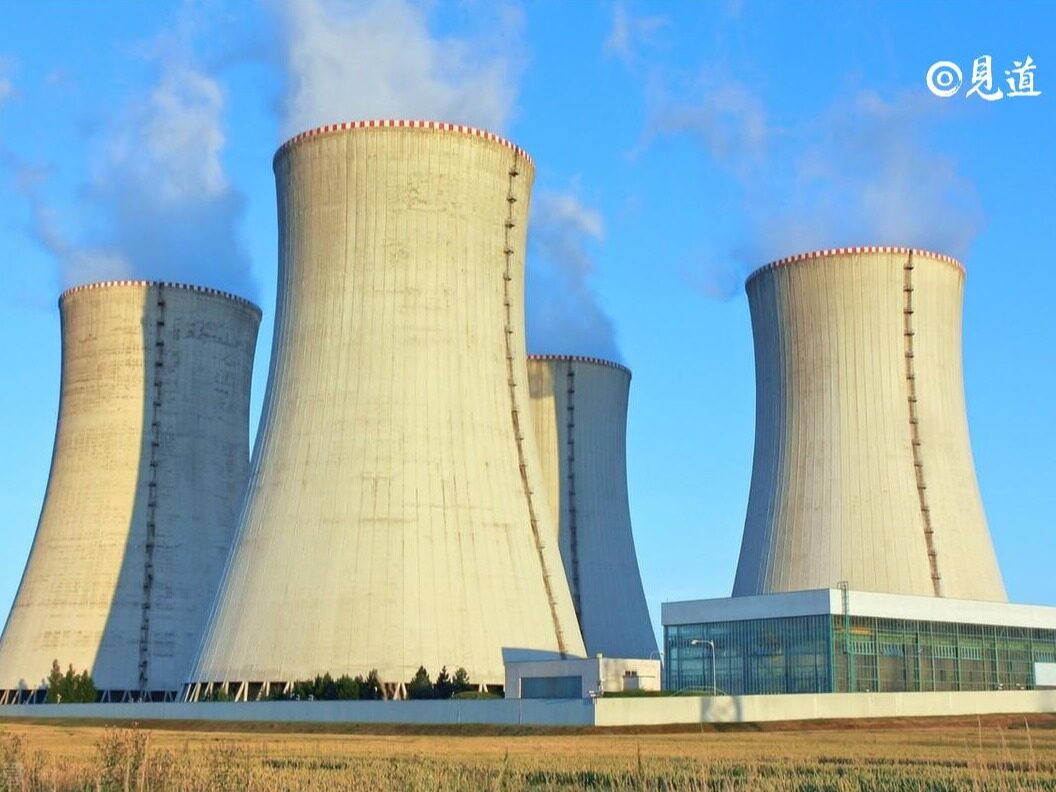
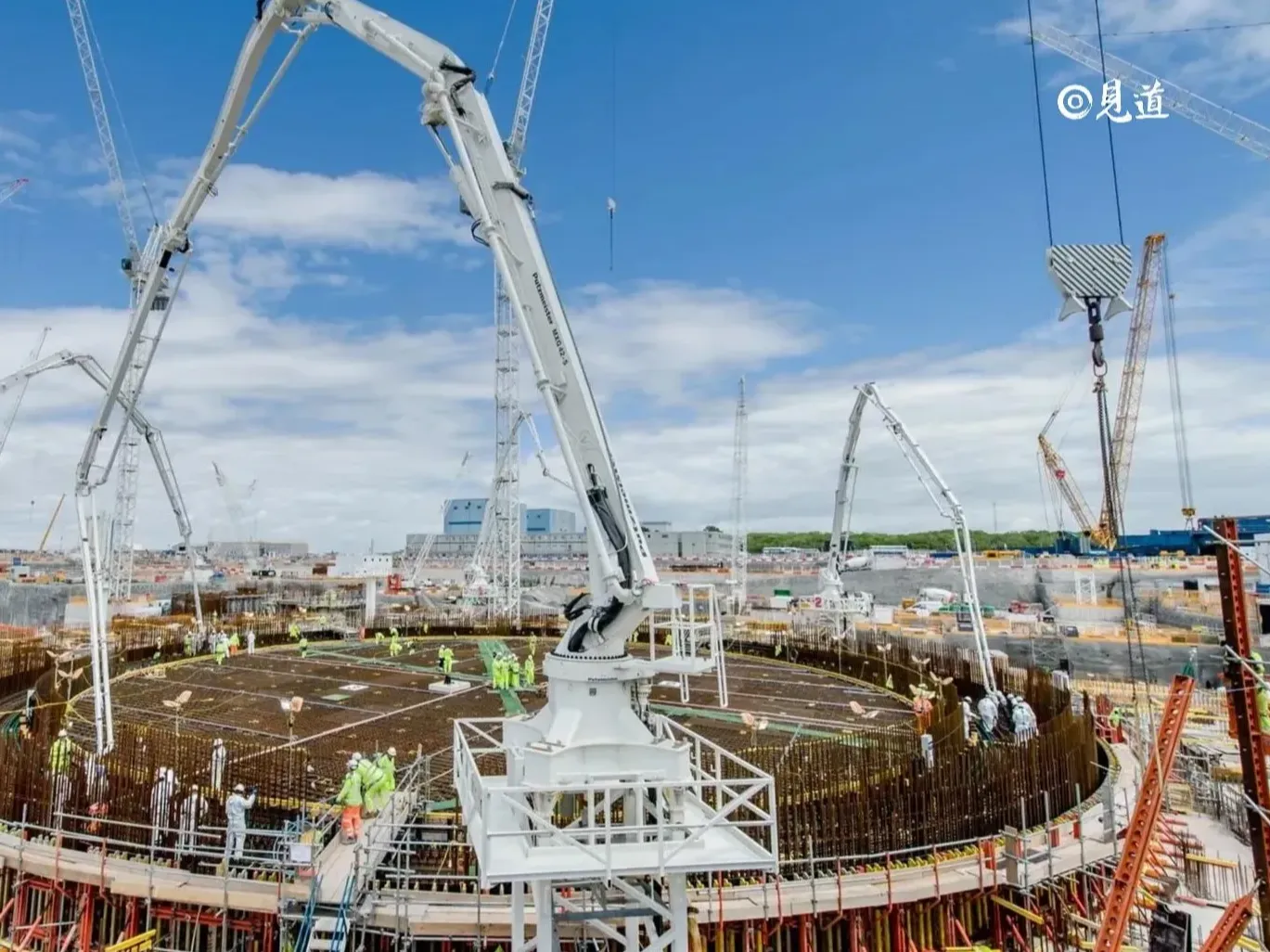
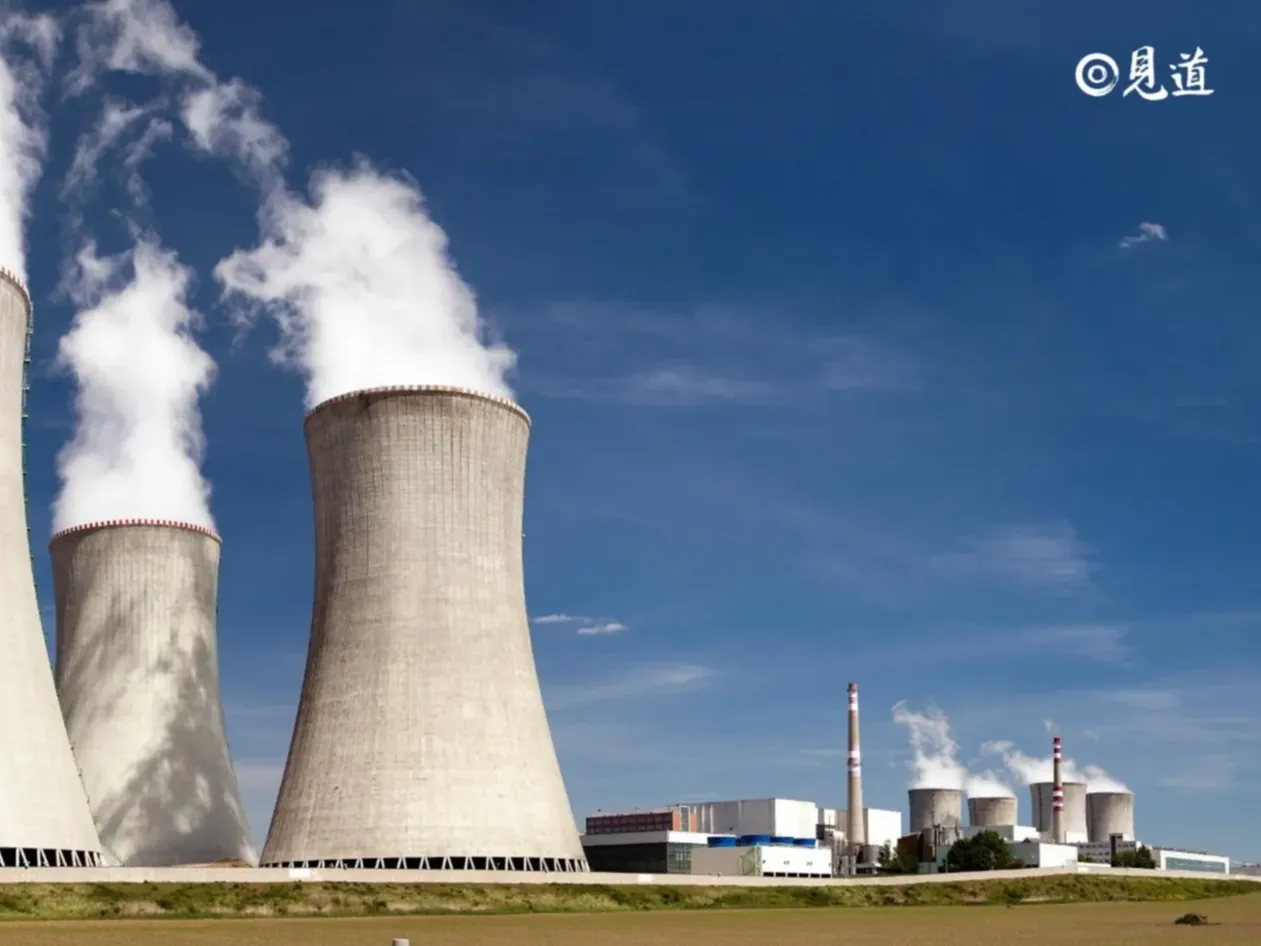
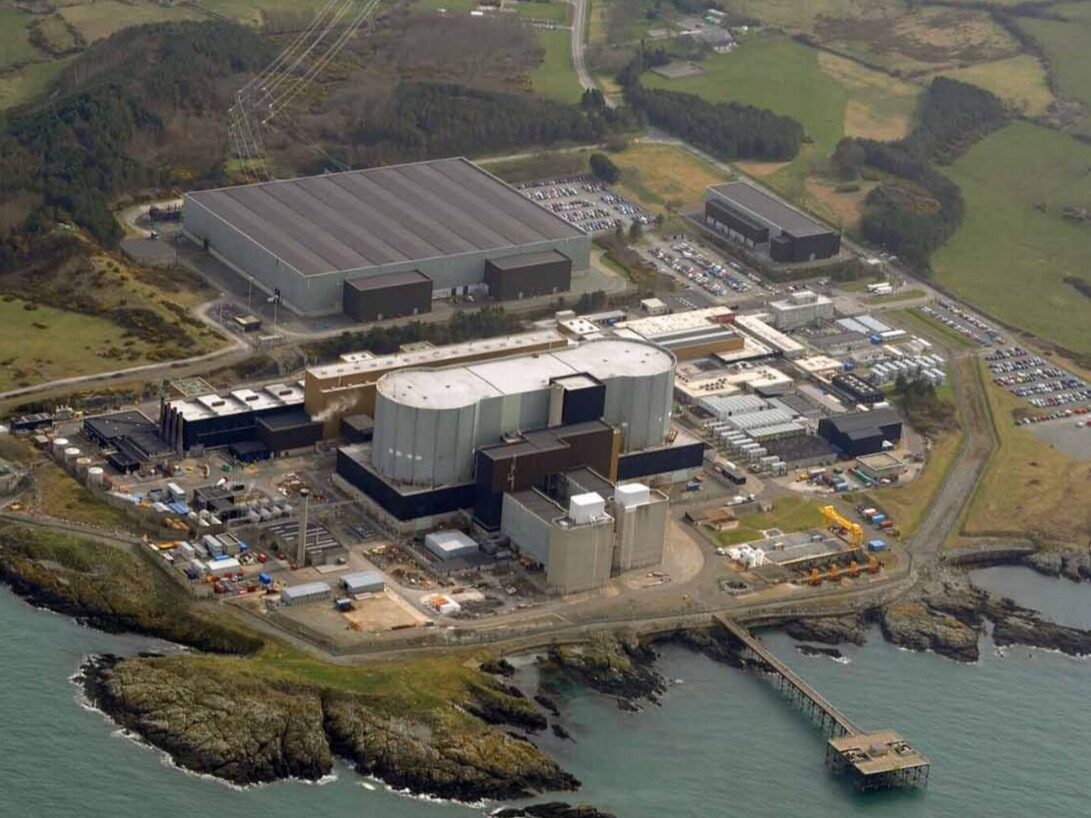
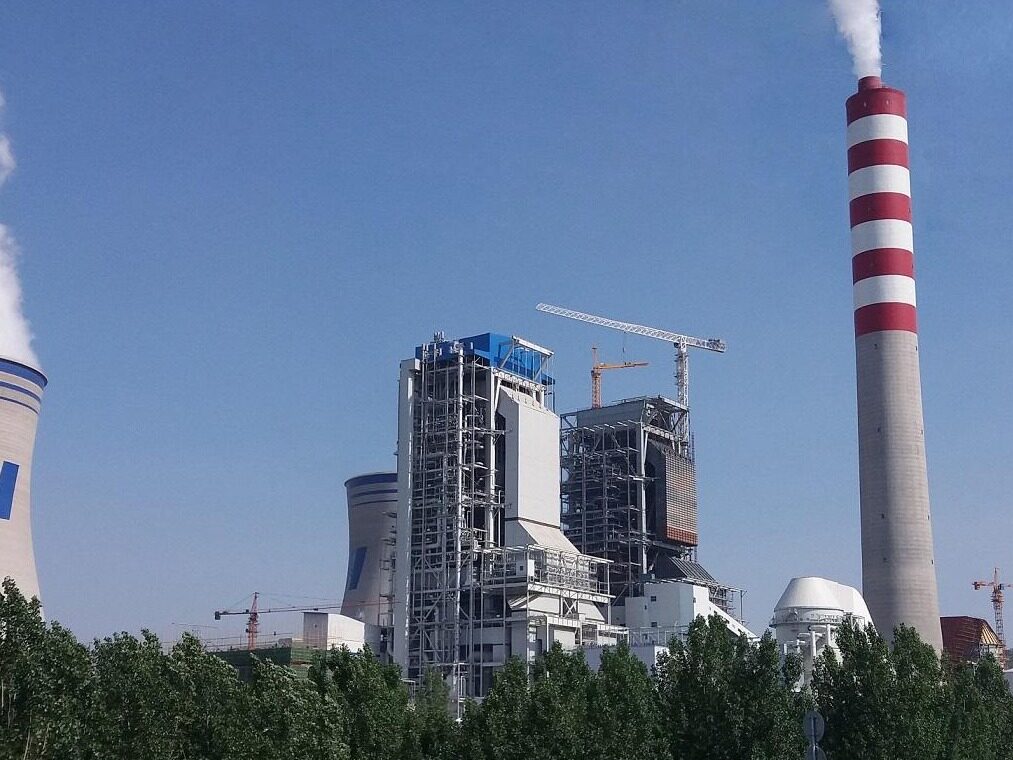






Write something~